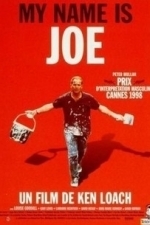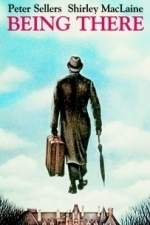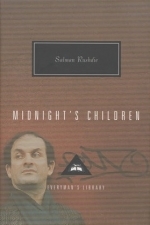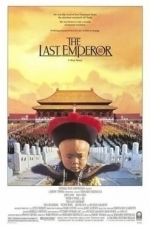
The Last Emperor (1987)
Movie Watch
This sweeping account of the life of Pu Yi (John Lone), the last emperor of China, follows the...
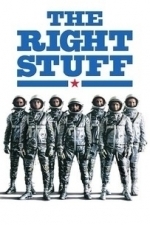
The Right Stuff (1983)
Movie Watch
This adaptation of the non-fiction novel by Tom Wolfe chronicles the first 15 years of America's...
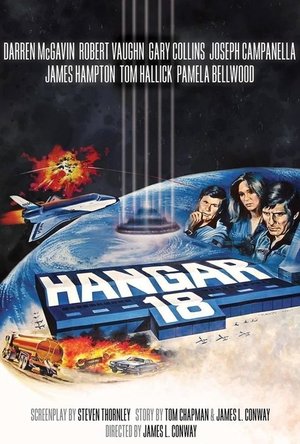
Hangar 18 (1980)
Movie
Low-budget sci-fi movie. Disaster strikes a NASA mission when the space shuttle has a close...
pseudoscience conspiracy
Risky Bodies & Techno-Intimacy: Reflections on Sexuality, Media, Science, Finance
Book
Risky Bodies and Techno-Intimacy traverses disparate and uncommon routes to explore how people...
Venezuelan Stick Fighting: The Civilizing Process in Martial Arts
Book
In Venezuelan Stick Fighting: The Civilizing Process in Martial Arts, Michael J. Ryan examines the...
Women, Enlightenment and Catholicism: A Global Biographical History
Book
Women, Enlightenment and Catholicism explores, for the first time, how Catholic women in Europe used...
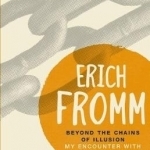
Beyond the Chains of Illusion: My Encounter with Marx and Freud
Book
First published in 1962 Beyond the Chains of Illusion is Fromm's landmark book about Marx and Freud....

